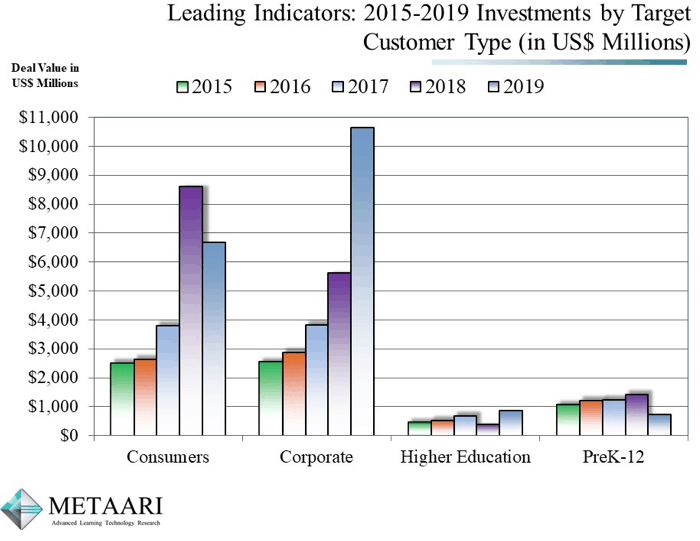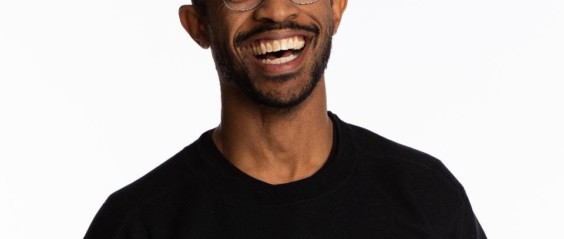Need to Know
Judge David Lee signed a consent order this week laying out the next steps for the state to meet the mandates of the long-running Leandro case. Read EdNC’s reporting on the latest development here.
The consent order laid out seven components that must be included in action plans the parties will submit to the court over the next nine months. As Alex Granados reported, attorneys for the plaintiffs and defendants stated they were in general agreement about what needs to be done, something the plaintiffs’ attorney described as “historic” and “unprecedented.”
Dropping Knowledge
In 2016, residents of entirely-black neighborhoods waited 29% longer to vote and were 74% more likely to spend over 30 minutes at their polling place compared to residents of entirely-white neighborhoods, according to a new working paper out of the National Bureau of Economic Research. The researchers used geospatial data from smartphones to document voter wait times across the country.
The authors explore various reasons why this might be the case. They find no correlation between wait time disparities and strict voter ID laws or early voting laws. They also find no evidence that party affiliation of elected officials is tied to wait time disparities. They do find that the racial wait time disparity is twice as high at high-volume polling places than low-volume polling places, but they cannot definitely say what is causing the disparity.
For Your Consideration
A new report shows that investments in PreK-12 learning technology companies dropped by almost half in 2019 following four years of steady growth whereas investments in higher education technology companies and corporate-facing technology companies grew.

The authors of the report caution against drawing strong conclusions based on one year of data, but it could be an indicator that the boom of PreK-12 edtech companies over the past decade is finally slowing down.
The biggest change last year, however, was the decline in investment in consumer-facing tech companies and the jump in corporate-facing tech companies. The authors say this is a result of weak consumer demand for things like augmented reality (AR) and virtual reality (VR) tech.
The rest of the report provides an interesting look at the future of learning technology. In 2019, there was a decline in funding to self-paced learning companies like Coursera and an increase in funding to AI-based learning companies, collaborative learning companies (like live online tutoring), and mobile learning companies.
What we're reading
It Takes A Village—Black Parents Protecting Black Genius
This Forbes article features Durham-based Will Jackson, founder of Village of Wisdom, discussing his work with parents of black children to advocate for their strengths and interests at school. ... Read the rest-
Here’s what you should know about the 2020 US Census
-
Who’s to blame for high housing costs? It’s more complicated than you think.
-
‘Every State Should Be Passing a Law to Deal With This’: The Danger of Impaired School Bus Drivers
-
The NC Workforce of Tomorrow: the Condition of Community College Students Today
-
Is secondhand screen time the new secondhand smoking?
-
NC to Move Forward with Recovery Program


